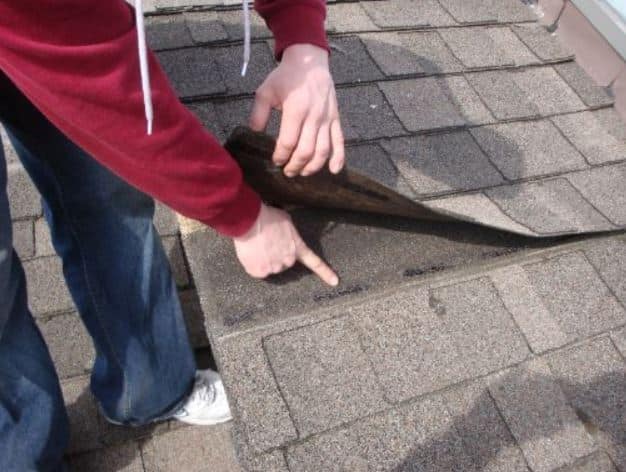A new roof is a significant investment in your home, and you want peace of mind knowing that it’s protected for years to come. That’s where roofing warranties come into play. In this article, we’ll demystify roofing warranties, explaining what’s typically covered and what’s not, so you can make informed decisions about your roofing project.
1. Manufacturer’s Warranty
What’s Covered:
- Defective Materials: Manufacturer’s warranties typically cover defects in roofing materials. If your shingles, tiles, or other roofing components fail due to manufacturing defects, the manufacturer will often provide replacement materials.
What’s Not Covered:
- Installation Errors: Manufacturer’s warranties do not cover issues arising from poor installation. It’s crucial to hire a reputable roofing contractor to ensure proper installation.
- Normal Wear and Tear: Natural wear and tear over time are not covered by manufacturer’s warranties. This includes damage from exposure to the elements.
2. Workmanship Warranty
What’s Covered:
- Installation Errors: Workmanship warranties cover installation errors and defects in workmanship. If your roof experiences problems due to improper installation, the roofing contractor is responsible for repairs.
What’s Not Covered:
- Materials: Workmanship warranties do not cover defects in roofing materials; that’s the manufacturer’s responsibility.
- Acts of Nature: Damage caused by extreme weather events or other acts of nature may not be covered under a workmanship warranty.
3. Extended or Roofing System Warranty
What’s Covered:
- Materials and Workmanship: These comprehensive warranties cover both defective materials and installation errors. They offer the most comprehensive protection for your roof.
What’s Not Covered:
- Exclusions: Extended warranties often have specific exclusions or conditions, so it’s essential to read the warranty terms carefully.
- Maintenance: Regular roof maintenance is your responsibility and may be a condition for extended warranty coverage.
4. Prorated vs. Non-Prorated Warranties
Prorated Warranties:
- Prorated warranties decrease in coverage value over time. The longer your roof has been in place, the less the warranty covers.
Non-Prorated Warranties:
- Non-prorated warranties maintain their coverage value throughout the warranty period. They provide more predictable protection.
5. Transferrable Warranties
Some warranties are transferrable to new homeowners if you sell your home. This can be a valuable selling point.
6. Claims Process
Understanding the claims process is crucial. Know how to initiate a claim and what documentation is required.
7. Regular Maintenance
Many warranties require regular roof maintenance to remain valid. Neglecting maintenance may void your warranty.
Conclusion
Roofing warranties provide essential protection for your investment, but it’s vital to understand what they cover and what they don’t. Combining a manufacturer’s warranty with a workmanship warranty can provide comprehensive coverage. Make sure to choose a reputable roofing contractor, perform regular maintenance, and read and follow the warranty terms to ensure your roof remains protected. At Utah Roofing Company, we offer expert installation and guidance on roofing warranties to safeguard your investment. Contact us at 801-921-6815 or visit our website here for roofing solutions you can trust.




